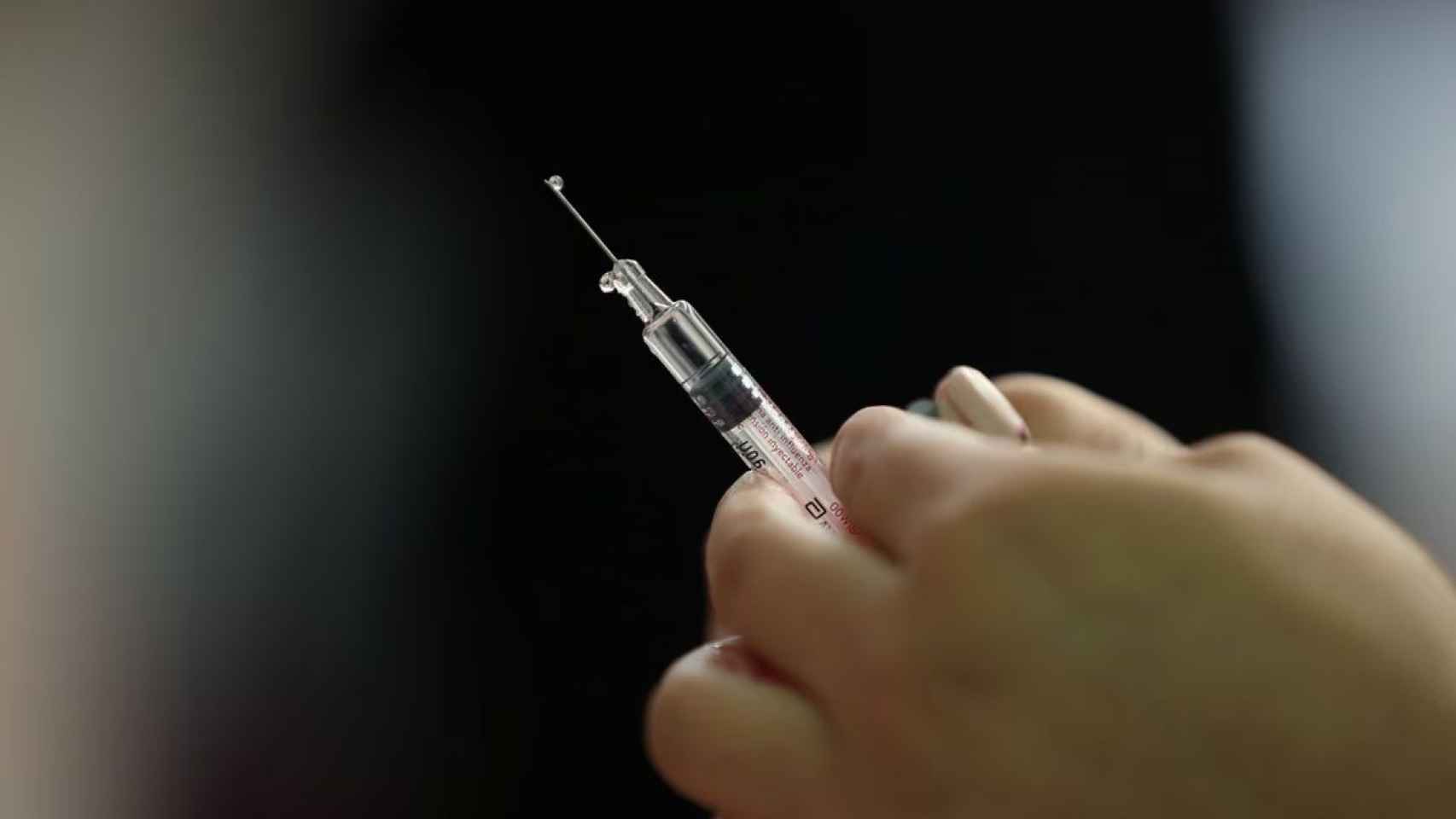A man with colon cancer has become the first patient in the UK to be treated with a personalized vaccine against this disease in the Public Health System (NHS, in English), as reported this Friday by the British health system.
Health authorities indicated that thousands of people were expected to be affected recruited to participate in a vaccine trial for various forms of cancer in the coming years, according to the NHS.
The treatment was described by authorities as a “historic moment” for patients and the NHS.
Based on information released this Friday, the first patient received the vaccine personalized colon cancer vaccine He was identified as Elliot Pfebve, a 55-year-old teacher, who was diagnosed with the disease after a routine health check.
After a 30 centimeter tumor was removed from his colon, he was referred to the Queen Elizabeth Hospital in Birmingham, central England, for receiving chemotherapy and participate in clinical trials.
“Taking part in this trial is in accordance with my profession as a teacher and as a community-oriented person. I want to provide a positive impact on life others and help them develop their potential,” he added in a statement issued by the health service.
“Through the potential of this test, if successful it can help thousands, even millions of people, so they can have hope and not experience everything I experienced,” he stressed.
Vaccine created from mRNA technology (messenger RNA) and is being jointly developed by biopharmaceutical companies BioNTech and Genentech.
According to experts, the vaccine is successful look for specific mutations in the tumor patients, and doctors use the information to create personalized care.
The injection is Designed to improve the immune system patients after surgery to remove the tumor so they can recognize and attack the remaining cancer cells.
Victoria Kunene, consultant clinical oncologist at the Queen Elizabeth Hospital in Birmingham and principal investigator of the trial, said: “The cancer vaccine investigation They are based on mRNA and are created by analyzing tumors patients to identify specific mutations in their own cancer.
“Using this information we can create individualized cancer vaccines, however It’s too early to say whether this will workeven though we have a lot of hope,” he said.
Based on the limited data we currently have regarding the body’s response to vaccines, This could be a significant advance. and positive in patients, but more data is still needed and we continue to recruit suitable patients for the trial,” he added.

“Internet trailblazer. Troublemaker. Passionate alcohol lover. Beer advocate. Zombie ninja.”







